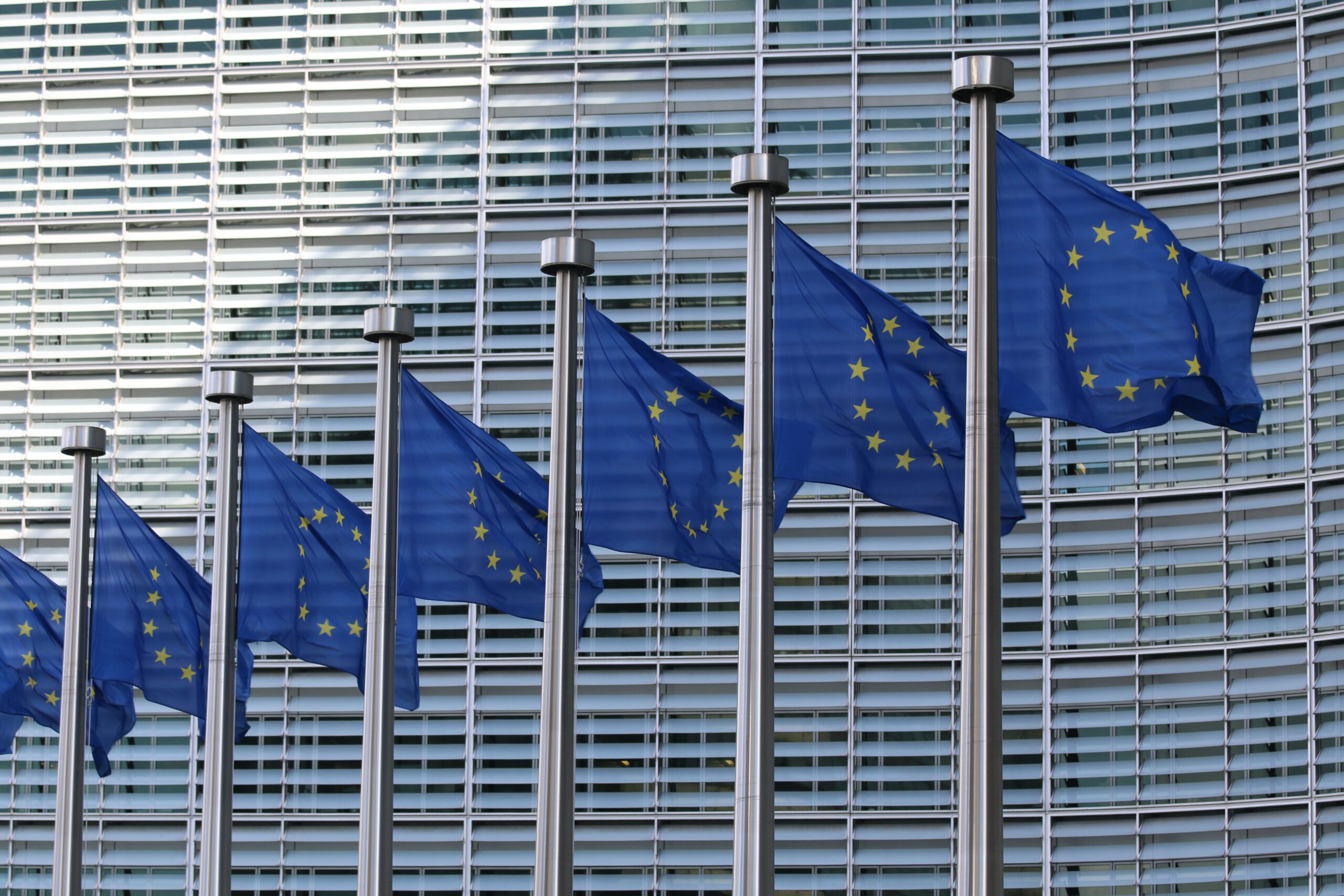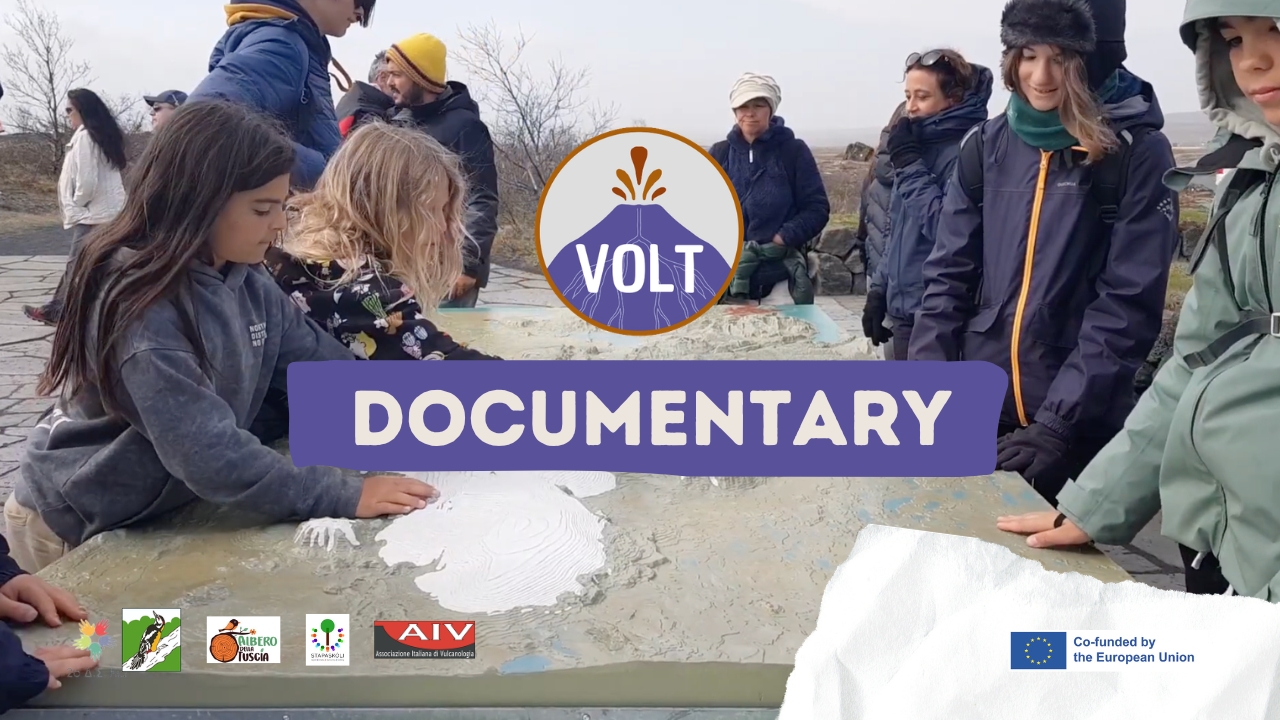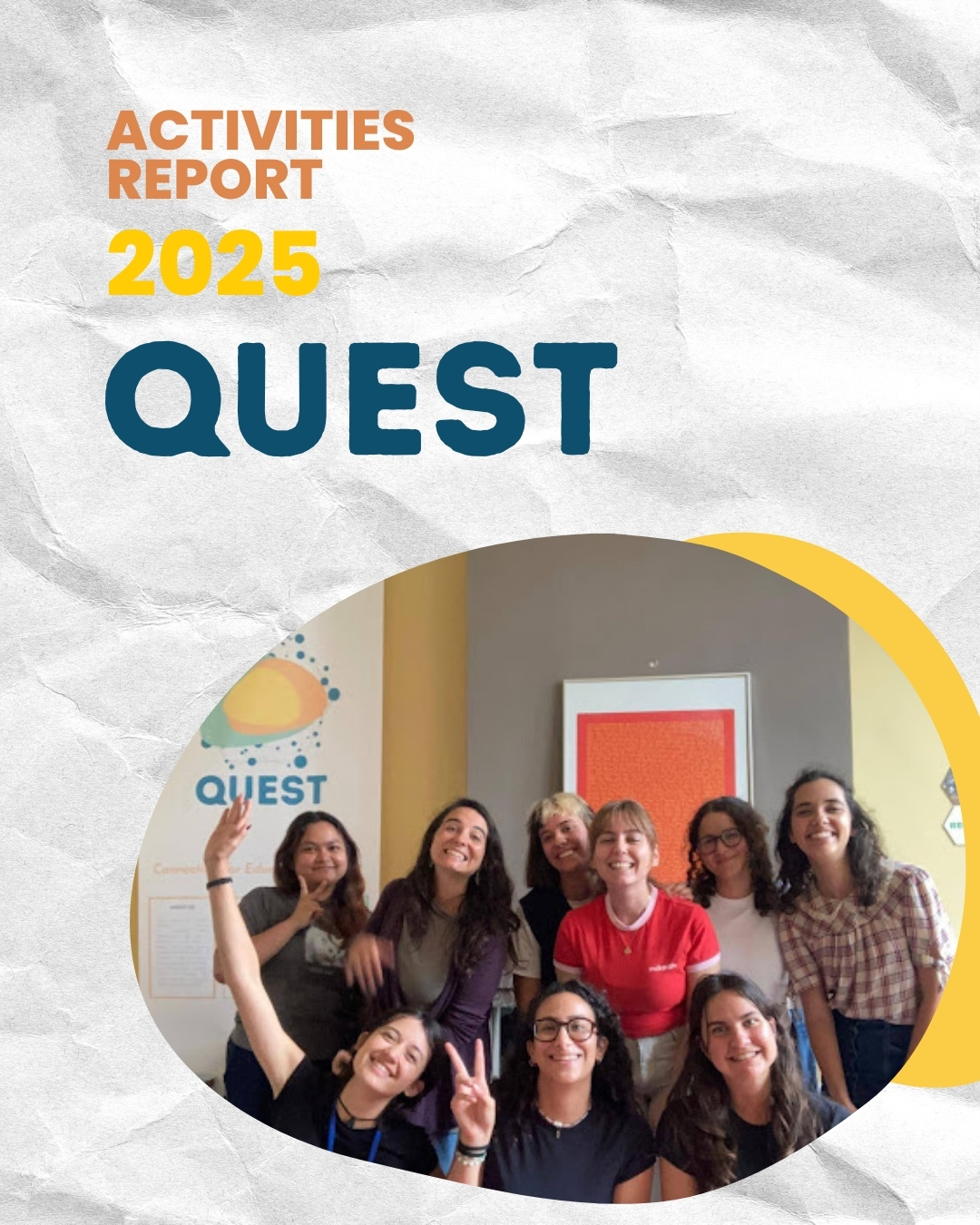The State of the Union, delivered by the European Commission’s President Ursula von der Leyen on the 13th of September, was the occasion to come back on the European Commission’s successes and next priorities for 2024, 9 months preceding the EU elections of the 6-9th of June 2024, and therefore the end of this Commission’s mandate. While exhaustive, this State of the Union failed to address the importance of social issues, including education, in responding to the current global challenges.

State of the Union 2023 : An optimistic portrait
Optimistically summing up the commission’s 2019-2023 successes, The Commission’s President outlined the creation of a geopolitical union – standing up to assertive external powers – a digital and green union, supported by the European Green Deal and NextGenerationEU (a funding opportunity of 800 billion euros of investment and reform), and more broadly the fulfillment of 90% of the political guidelines it had forecasted in 2019, with 633 legislative proposals presented and 63% of these agreed upon.
However, priorities for education at the EU-level and more extensively the European Pillar of Social Rights were left aside. Education was mentioned solely twice in the speech, which can be accessed here.
Omitting education: what implications?
This omission has great implications, as it fails to recognise the importance of quality education in successfully achieving a sustainable, green, digital and inclusive transition. More broadly, it falls short from establishing the link between collective and lifelong learning with the creation of a progressive European Union. One based on values of innovation and entrepreneurship, solidarity and democracy, environmental protection and awareness.
Long-term solutions, often more sustainable and economic in the long-run, tend to lose priority at the decision-making level, especially once crises hit. Between a geopolitical and energetic crisis, a post-pandemic context and its economic repercussions, a global climate and biodiversity threat, the State of the Union did not fall away from this tendency. It is therefore unsurprising, although regretful, to see a majority of the 18 priorities, delimited for the last running months leading to the EU Elections, focusing on economic competitiveness and european defense capacities (protection the rule of law, international partnerships, bureaucratic simplification to businesses, evaluations linked to external unfair competition, the extension of EU’s support to Ukraine) as well as the adoption of a New Pact on Migration and Asylum and possibilities of EU’s enlargement.
2024 EU priorities – what opportunities for the education sector?
Among the 18 priorities, QUEST has identified only five priorities that could directly or indirectly have an impact in education:
- A new social partner summit will be held at Val Duchesse (in memory of the first Val Duchess meeting launching the European social dialogue in 1985), which could potentially include education partners. Within the European social dialogue, the European Commission has indeed already consulted organizations specialized on education at the European level. No specifics were given in terms of date nor ambition for this new social partner summit.
- A 2040 Climate Target. Today, the EU has only delimited a 2050 climate target. A new target could legitimate or affect education projects linked to climate and environmental education.
- A joint European degree – to which more information was not given.
- A commission recommendation on integrated child protection systems – to which more information was not given.
- A new global framework for AI, “built on three pillars: guardrails, governance and guiding innovation” was suggested, although not directly written within the 2024 Commission’s priorities. This framework, aiming to ensure the development of AI as human-centric, transparent and responsible, could influence future digital education projects. Commission’s President Ursula von der Leyen, even suggested the creation of an IPCC-type of intergovernmental body, regrouping independent international scientists seeking to comprehend AI’s implications at the global level as well as the development of minimum global standards for safe and ethical use of AI. The Commission has already started working towards this global objective, through the EU AI Act (the first world regulation on artificial intelligence) and a 2024 priority initiative to open up EU’s high-performance computers to AI start-ups.
EU elections and education
The next elections will indeed “be a time to decide on what kind of future and what kind of Europe” we want.
Do we still want a European Union in which skill shortages represent a key issue for 74% of Small and Medium Enterprises, while 8 million young people remain outside of employment, education or training ?
Or are we ready to promote European education reforms, smartly supporting lifelong learning and innovative education pedagogies?




